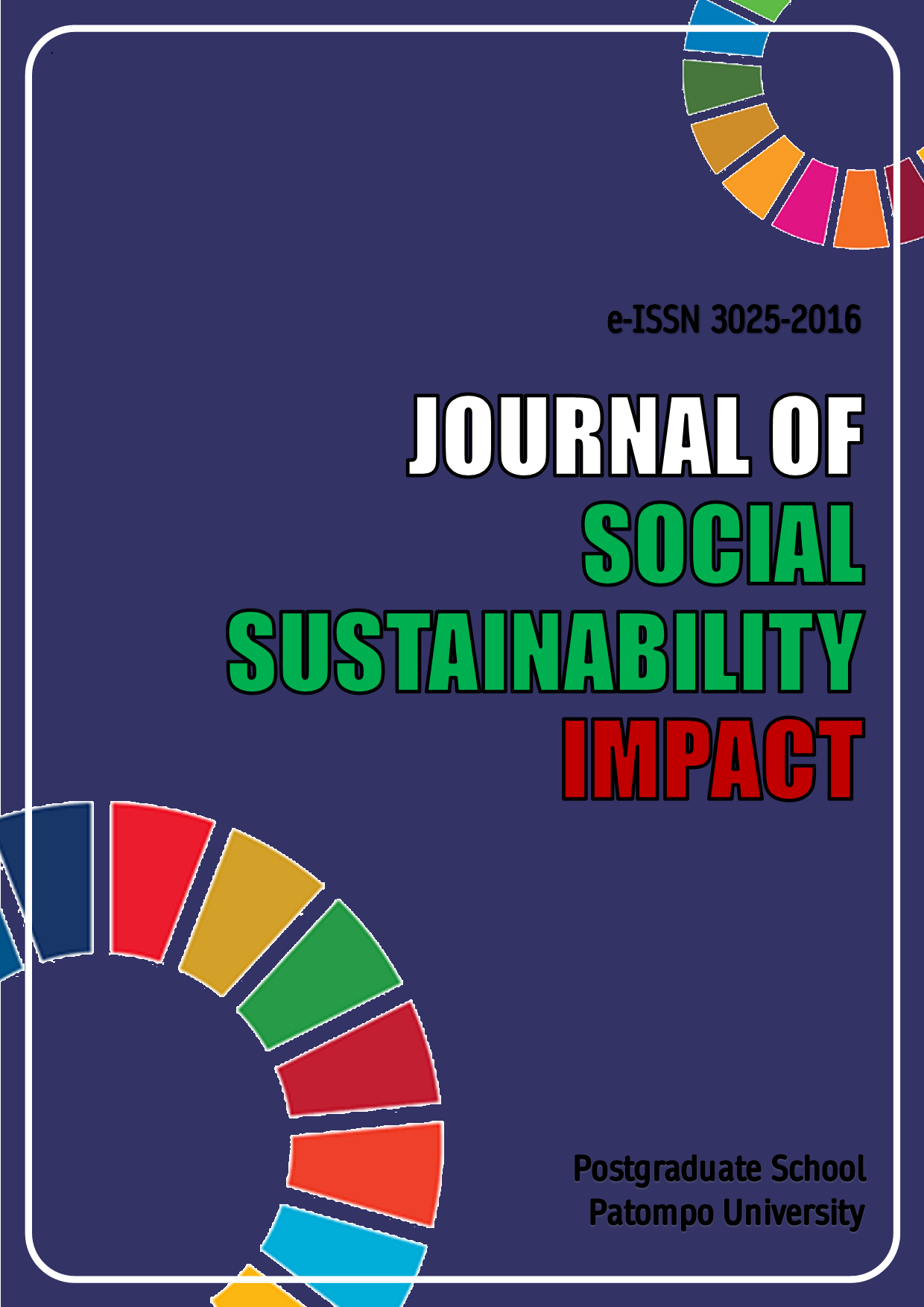African Union (AU) and the Governance Question in Africa
Keywords:
African union, governance, Africa, advancementAbstract
The African Union (AU), previously known as the Organization of African Unity (OAU), was founded with a primary objective – to foster unity and strength across the African continent. However, the OAU faced significant challenges that impeded the realization of its mandate, necessitating reform and reorganization. Consequently, the African Union (AU) emerged, triggering inquiries into its effectiveness in fulfilling its intended role. This paper embarks on a comprehensive examination of the African Union, evaluating its impact on Africa's path towards resilience, unity, and progress. The evaluation meticulously considers numerous member nations' complex socio-economic and political imbalances. Pertinent issues such as conflicts, corruption, and insecurity have posed formidable challenges to the AU's accomplishments. The paper employs an interrogative reconstruction approach to analyze the AU and its achievements critically. By posing essential questions regarding the AU's performance, it aims to provide insights that can illuminate the way forward for Africa. This journey entails asserting Africa's rightful place among the world's continents while navigating the intricate landscape of international relations.
References
Abbott, K. W., & Snidal, D. (1998). Why states act through formal international organizations. Journal of Conflict Resolution, 42(1), 3–32.
Adejumobi, S. (1999). Reconstructing the future: Africa and the challenge of democracy and good governance in the 21st century. Development and Socioeconomic Progress, 34–50.
Adejumobi, S. (2004). Civil society and federalism in Nigeria. Regional & Federal Studies, 14(2), 211–231.
Agara, T. (2007). The insufficiency of elite competition: re conceptualising the Nigerian democratic experience. The Constitution, 7(3), 28–48.
Agara, T. (2010). Elitist and Party Politics in Nigeria: The Problems of Patronage and Godfatherism. Roundtable on Democracy and 2011 Elections in Nigeria.
Ake, C. (2000). The Feasibility of Democracy in Africa (Dakar. Senegal: CODESRIA.
Anderson, P. (1977). The Antinomies of Antonio Gramsci", New Left Review 100. Anderson100New Left Review1977.
Balogun, M. J. (1998). The role of governance and civil society in Africa’s development: A critical review. Regional Development Dialogue, 19, 32–47.
Carbone, M. (2002). From OAU to AU: Turning a Page in the History of Africa. The Courier ACP-EU, (194).
Diamond, L., Linz, J., & Lipset, S. M. (1995). Politics in developing countries: Comparing experiences with democracy. Lynne Rienner Publishers.
Dunn, J. (1986). The politics of representation and good government in post-colonial Africa. Political Domination in Africa: Reflections on the Limits of Power, 158–174.
Falk, R. A. (2017). The Vietnam War and International Law, Volume 1 (Vol. 4848). Princeton University Press.
Hoffmann, S. (2003). World governance: beyond utopia. Daedalus, 132(1), 27–35.
Huntington, S. P. (1991). ITie Third Wave: Democratization in the Late Twentieth Century. Norman, University of Oklahoma Press.. Elizabeth (2003): State Repression and the Labors of Memory. Minneapolis, University of Minnesota Press. Cuadernos Del Claeh, 96–97.
Jacobson, H. K. (1979). Networks of interdependence: International organizations and the global political system. Alfred A. Knopf.
Kegley Jr, C. W., & Wittkopf, E. R. (2004). World Politics Trends and Transformation (Belmont. USA: Thomson Wadsworth.
Lively, J. (1975). Democracy. Basil Blackwell: Oxford.
Manu, R., Alhabsji, T., Rahayu, S., & Nuzula, N. (2019). The effect of corporate governance on profitability, capital structure and corporate value. Research Journal of Finance and Accounting, 10(8), 202–214.
Mohideen, A. (1997). Stock taking and assessment of democracy and good governance. Proceedings of the Development Policy Management Forum (DPMF) Conference on Democracy, Civil Society and Governance in Africa. December, 1–4.
Nairn, T. (1977). The twilight of the British state. New Left Review, 101(2), 3–61.
Parry, G. (2005). Political elites. ECPR Press.
Pierre, J., & Peters, B. G. (2020). Governance, politics and the state. Bloomsbury Publishing.
Rourke, J. T., & Boyer, M. A. (2008). International politics on the world stage. McGraw-Hill New York.
Saliu, H. A. (2010). Democracy, governance and international relations. College Press and Publishers.
Tabb, W. K. (2004). Economic governance in the age of globalization. Columbia University Press.
Downloads
Published
How to Cite
Issue
Section
License

This work is licensed under a Creative Commons Attribution-ShareAlike 4.0 International License.




